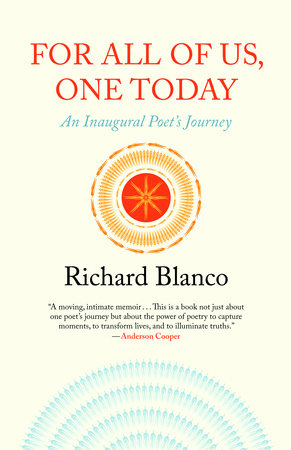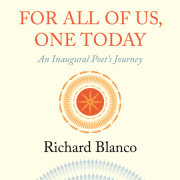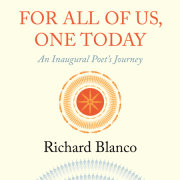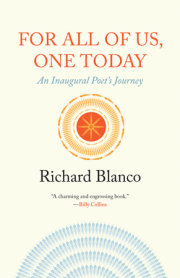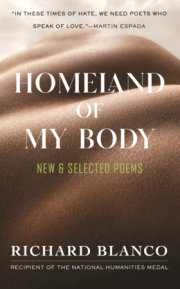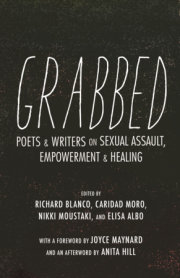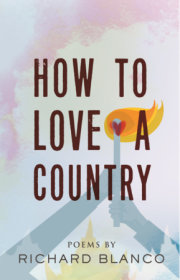Days before our field trip to the science center, Mrs. Bermudez tells our class the sun is actually hundreds of times larger than the earth.
We move around it. We’re nothing, zooming through dark space, she says, matter-of-factly, as if it didn’t matter that we were no longer the center of our own little worlds. We, with crayons in our hands coloring dittos of the sun and our nine planets. We, at our desks but also helplessly zooming through cold, empty space. I don’t want to believe her; the sun is the size of a sunflower, I insist. I draw lemon-yellow petals around it and color its center sienna brown. The first time I see a lion I am nine years old, my grandfather’s hands holding me back from the cage I want to open. I can still feel his grip and the lion’s eyes staring at me like tiny, amber planets behind bars, asking me to set him free. My first kiss was under the shade of moonlit palms in Janet Carballo’s backyard, exactly two days before the end of the school year. But I’m still feeling the powdery skin behind her earlobes, smelling her strawberry lip gloss and the orange blossoms in the air already thick with summer. I never saw a comet until I was twenty-four, cupped in the darkness of the Everglades and the arms of a man I loved. It was past midnight on a Sunday, I remember; I didn’t go to work the next day. I’m still sleeping with the mangroves and the ibis, under a masterpiece of stars. The comet’s tail a brushstroke of pure, genius light.
These are more than memories. They are what lives—and relives—inside our bodies, in every cell and heartbeat. The undiscovered DNA of our souls imprinted with the minute details of those eternal moments that change our lives, our stories, forever. Sometimes they’re subtle, sometimes dramatic, but we know nothing will ever be the same the instant we experience them. And quite often they are unexpected.
On the afternoon of December 12, while casually driving back to my home in Maine, I receive a phone call with the news that I have been chosen as inaugural poet. Bewildered, I first wonder if it could be some cruel joke a friend might be playing on me.
You mean like Robert Frost? Like Maya Angelou? I ask, wanting confirmation that what I just heard is true.
Yes. Yes, I’m told, as I keep driving down the interstate in a daze, trying to speak, trying to fathom what has just happened. But I know. My body knows it’s the most important moment of my life as a poet, a day by which I will mark the rest of my life, the day I learned that I will be named the fifth poet ever in our history to be US Inaugural Poet.
I’m asked by the Presidential Inaugural Committee to write not one but
three poems in three weeks. Quite a challenge. But before any apprehension or pressure sets in, the world I move through is transfixed by my jubilation and astonishment: one by one the birches along the highway turn from silver to gold; the bare-branched oaks traced with snow become perfectly balanced sculptures; and the highway stretches right into the sun. I begin the poem in my mind as I drive, musing over a flood of lines and images.
But then I catch my eyes in the rearview mirror, and it becomes a portal into my past. In my reflection I see my father holding my hand for the last time, as he is quietly dying in the spare room of the house where he raised me. His eyes blink forever once:
goodbye; twice:
forgive me; three times:
I won’t be back. Gone, into the space beyond the sun and stars. I think of him, my mother, my grandparents—their courage and sacrifices, all their struggles and hard work to make a better life in America for themselves and for my brother and me. Overcome by a wave of immense gratitude, I pull off the highway, step out of the car, and sit on the shoulder, leaning against the car door. Looking into the sky, the sun becomes a sunflower again.
This is because of them . . . I keep thinking and repeating . . .
because of them . . .
all because of them . . .
Copyright © 2013 by Richard Blanco. All rights reserved. No part of this excerpt may be reproduced or reprinted without permission in writing from the publisher.

